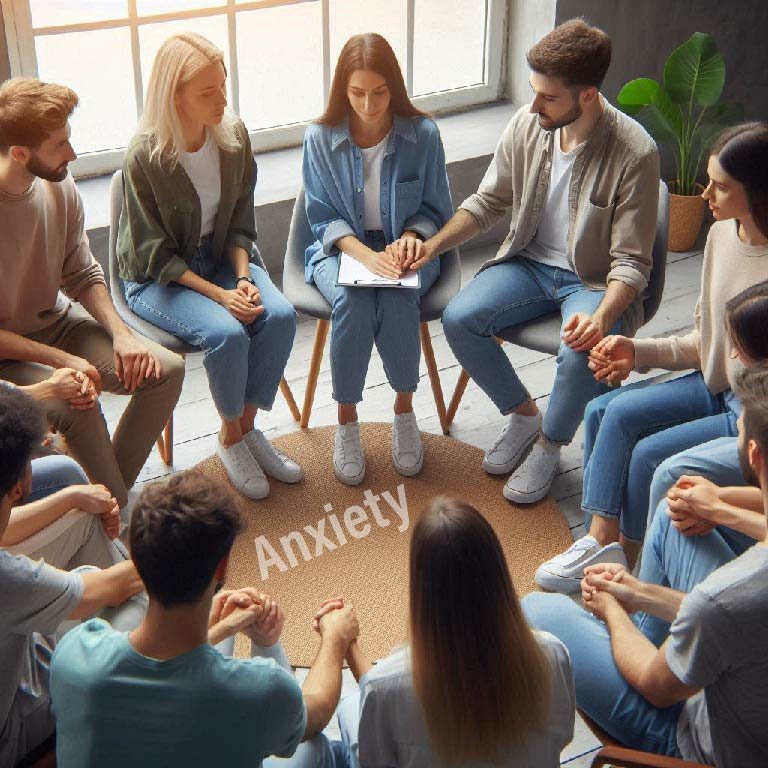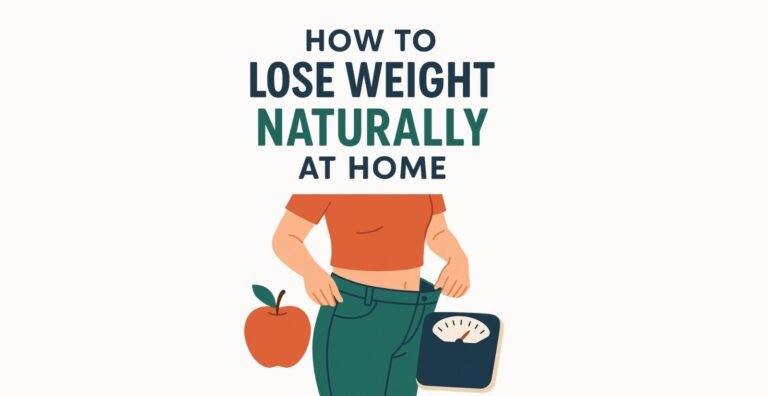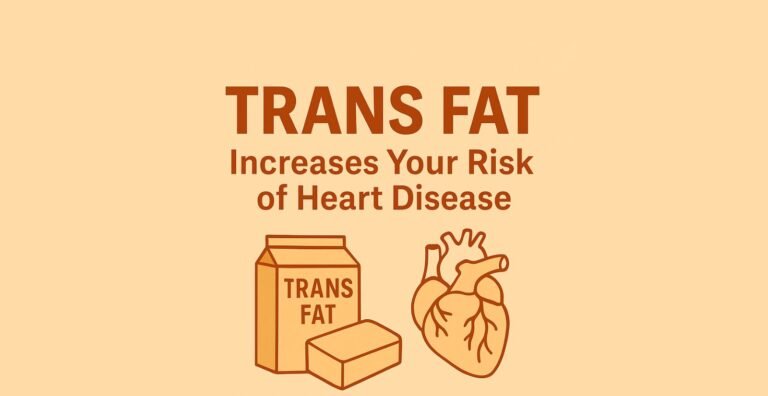Top Health & Wellness Product Reviews with Exclusive Sale Prices!
Anxiety in the Modern World: How to Cope?

In our hyper-connected, fast-paced society, anxiety has become an almost universal experience. From the pressures of social media to career demands and global crises, the modern world presents a unique set of stressors that can overwhelm even the most resilient individuals. Understanding how to cope with anxiety is not just beneficial—it’s essential for maintaining mental well-being.
This comprehensive guide delves into the causes, symptoms, and practical solutions for managing anxiety in the modern age, equipping you with the tools to regain control of your mental health.
Understanding Anxiety in Modern Times
What is Anxiety?
Anxiety is the body’s natural response to stress, manifesting as feelings of fear or worry. While mild anxiety can motivate us to meet deadlines or face challenges, chronic anxiety can disrupt daily life. Common anxiety disorders include:
- Generalized Anxiety Disorder (GAD): Persistent and excessive worry about various aspects of life.
- Panic Disorder: Sudden episodes of intense fear or panic attacks.
- Social Anxiety Disorder: Fear of social situations or judgment by others.
Why Is Anxiety So Prevalent Today?
Modern living introduces stressors that were absent in earlier eras, including:
- Digital Overload: Social media comparisons, constant notifications, and unrealistic beauty or success standards.
- Economic Pressures: Rising costs of living, job insecurities, and financial instability.
- Global Uncertainty: Concerns about pandemics, climate change, and political unrest create a pervasive sense of instability.
Common Signs of Anxiety
Anxiety can manifest in various ways, and recognizing its signs is the first step toward managing it effectively.
Physical Symptoms
- Increased heart rate or palpitations.
- Sweating and trembling.
- Fatigue and muscle tension.
- Sleep disturbances, such as insomnia.
Emotional and Cognitive Symptoms
- Persistent worry or a sense of impending doom.
- Difficulty concentrating or focusing.
- Irritability or mood swings.
Behavioral Changes
- Avoidance of social or professional situations.
- Dependence on substances like alcohol or caffeine for relief.
How Anxiety Impacts Daily Life
Effects on Physical Health
Chronic anxiety can weaken the immune system, increase the risk of cardiovascular disease, and cause digestive issues like irritable bowel syndrome (IBS).
Effects on Mental Health
Unmanaged anxiety often leads to depression, decreased productivity, and feelings of isolation.
Social Consequences
People with anxiety may withdraw from friends, family, and social gatherings, further exacerbating feelings of loneliness.
Coping Strategies for Anxiety
Managing anxiety requires a combination of immediate relief techniques and long-term lifestyle changes.
1. Practicing Mindfulness and Meditation
Mindfulness helps you stay present and reduces the tendency to ruminate on anxious thoughts. Popular mindfulness tools include:
- Guided meditation apps like Calm or Headspace.
- Breathing exercises to regulate your nervous system.
2. Physical Activity and Healthy Habits
Regular exercise is a proven way to alleviate anxiety symptoms. Activities like yoga, walking, or strength training release endorphins, which improve mood. Additionally:
- Nutrition: Avoid processed foods and high-sugar diets, which can worsen anxiety.
- Sleep Hygiene: Aim for 7–9 hours of quality sleep to restore your body and mind.
3. Limiting Screen Time
Reducing digital exposure—especially on social media—can prevent information overload and lower stress levels. Try:
- Setting app time limits.
- Taking a “digital detox” for a few hours daily.
4. Building a Support System
Share your concerns with trusted friends or family. Joining support groups or online communities can also help reduce feelings of isolation.
Professional Help for Anxiety
When anxiety becomes unmanageable, seeking professional assistance is vital.
1. Therapy
- Cognitive Behavioral Therapy (CBT): A proven method to reframe negative thought patterns.
- Exposure Therapy: Gradual exposure to fears to reduce avoidance behavior.
2. Medication
- Anti-anxiety medications or antidepressants may be prescribed to alleviate symptoms, but they should be used alongside therapy.
Long-Term Lifestyle Adjustments
1. Practicing Gratitude
Gratitude journaling has been shown to reduce stress and promote positivity. Write down three things you’re thankful for daily.
2. Time Management
Organizing your day can help prevent overwhelm. Use tools like calendars or task management apps to prioritize tasks effectively.
3. Nature and Outdoor Activities
Spending time in green spaces has been linked to lower anxiety levels and improved mental clarity.
Alternative Anxiety Management Approaches
1. Herbal Remedies and Supplements
Natural options like chamomile tea, lavender oil, or magnesium supplements may alleviate mild anxiety symptoms.
2. Yoga and Breathwork
Incorporating yoga or deep-breathing exercises into your daily routine can calm your nervous system.
Creating an Anxiety-Free Environment
Decluttering Your Space
A clean, organized living space promotes mental peace and reduces stress triggers.
Adding Personal Touches
Incorporate calming elements like scented candles, soft lighting, or soothing music.
Conclusion
Anxiety in the modern world may be pervasive, but it doesn’t have to dominate your life. By recognizing the signs, understanding the root causes, and implementing practical coping strategies, you can take meaningful steps toward a calmer, more balanced existence. Remember, reaching out for support is a sign of strength—not weakness—and there are numerous resources available to help you on your journey.
Start today, one small step at a time, to reclaim your peace of mind and live a life filled with purpose and clarity.







